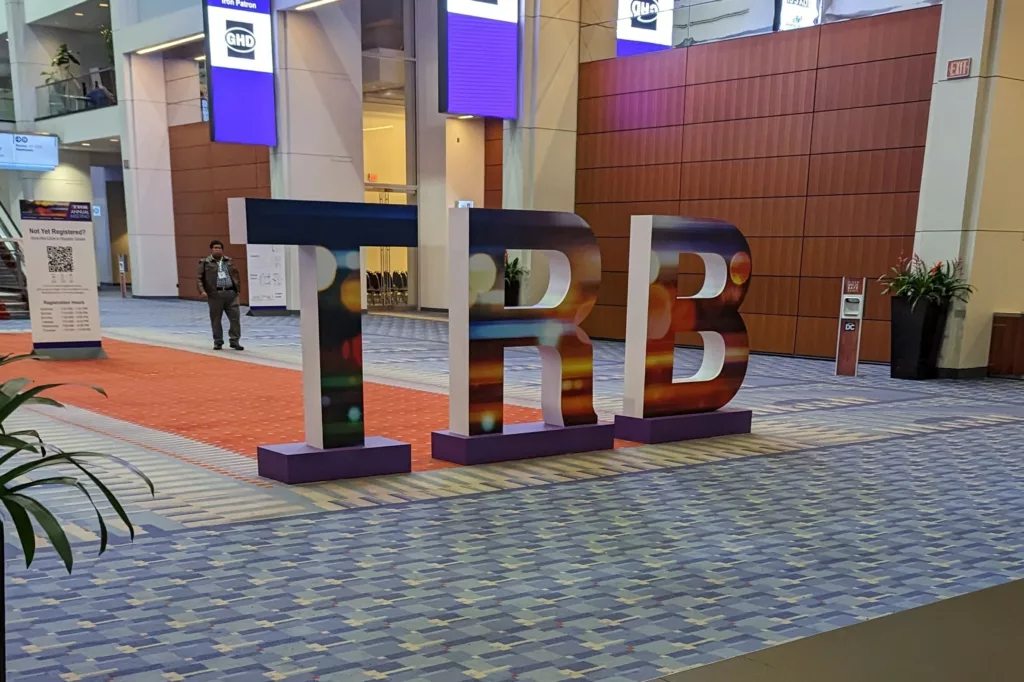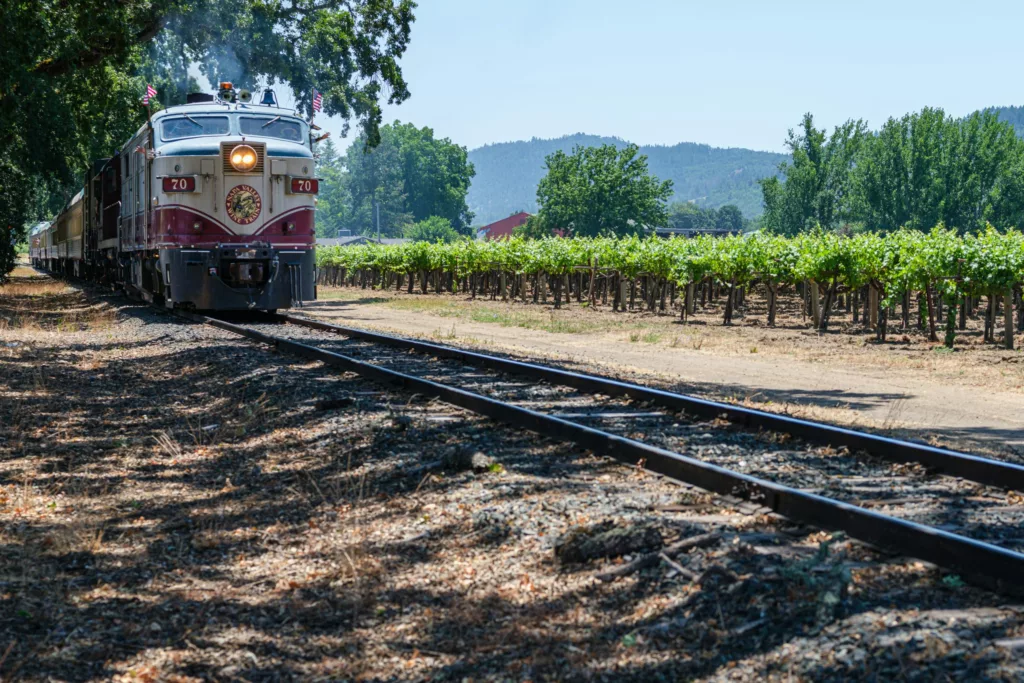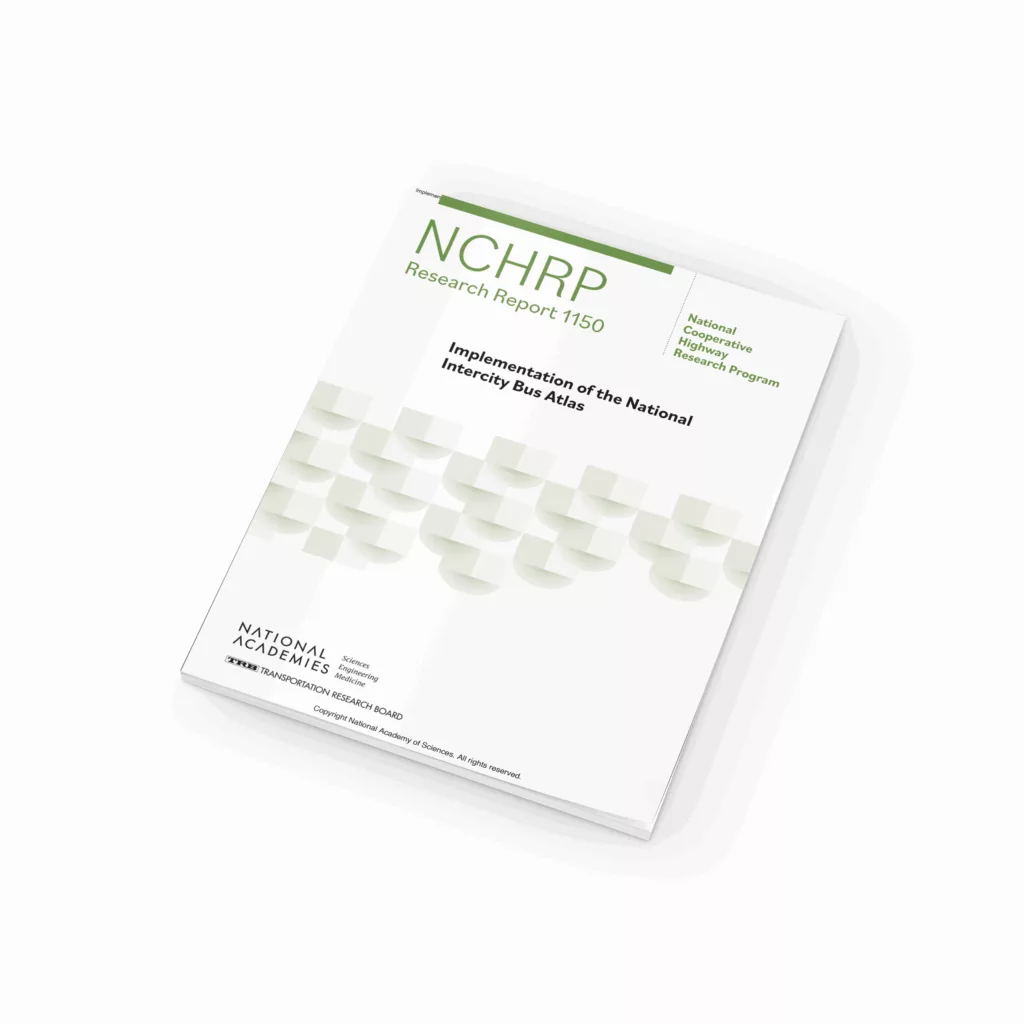
News & Events
Learn more about RSG’s work, our impact on the world, and the conferences and events our team members are participating in.

SupplyChain Talk

Deltek ProjectCon 2025

ACE NY 2025 Fall Conference

Modeling Mobility Conference

RSGers Appointed to TRB Standing Committees

2025 ITE International Annual Meeting and Exhibition

RSG Helps NVTA Navigate Napa’s Changing Travel Landscape

TRB Journal Features RSG’s Work on Measuring Energy Use from Regional Travel Surveys

New NCHRP Report Documents RSG’s Work to Map Intercity Bus Services

TRB National Conference on Tools of the Trade

TRB Webinar: Changing Trends in Urban Rail Ridership—Evaluation and Response

NOISE-CON 2025




